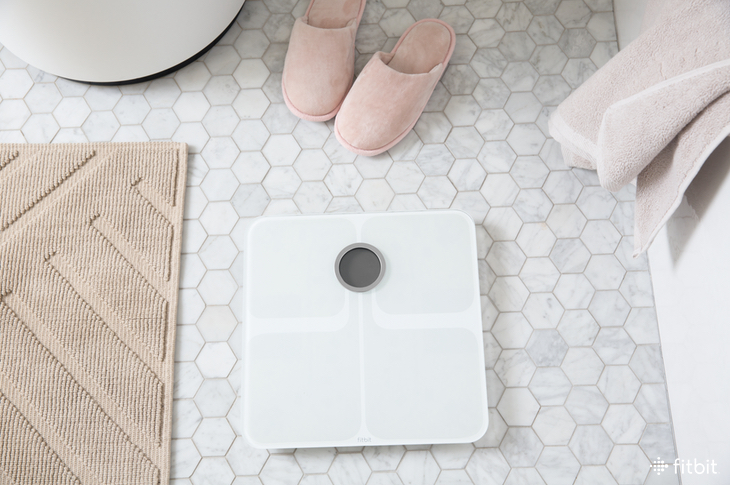
It’s totally normal to hit a weight-loss plateau every now and then. But if you’ve been doing all the right things, like carefully logging your food and working hard at the gym, and the scale still hasn’t budged (or worse, registers a higher number), it can feel super frustrating.
What gives? “In some cases, a medical issue can make it hard to lose weight or can even cause weight gain,” says Angela Grassi, RDN, a dietitian and founder of PCOS Nutrition. And in cases like that, simply cutting calories doesn’t work; you’ll need to see a healthcare provider to address the issue.
Ready to figure out the real reason for the scale getting stuck or going up? Here are five of the most common causes of a weight-loss slow-down—and what you can do to get back on track.
Your thyroid is sluggish. For being a small gland in your neck, the thyroid has a big job. The hormones that it pumps out control your appetite, metabolism, and heart rate. That means if your thyroid is underactive, it can cause weight gain and rob you of energy. Called hypothyroidism, this disorder can also lead to dry skin, joint pain, muscle aches, thinning hair, and depression. Because these symptoms are often mild, about half of people with this thyroid problem don’t realize that they have it.
Get back on track: A simple blood test can screen for hypothyroidism. If you have the disorder, your doctor can prescribe a synthetic thyroid hormone pill to take daily.
The medication you’re taking has side effects. Certain prescription drugs can cause weight gain, says Malina Linkas Malkani, RDN, a spokesperson for the Academy of Nutrition and Dietetics. They can rev up your appetite, causing you to eat more, or alter your metabolism, so you burn calories at a slower rate. These medications include some antidepressants, mood stabilizers, birth control pills, and corticosteroids. Certain drugs for diabetes and high blood pressure could also be culprits.
Get back on track: If eating right and exercising doesn’t keep your weight in check, talk with your doctor about other medication options available to you.
You’re feeling blue. Depression can strike people in different ways. Some lose their appetite while others experience the opposite. “You might turn to high-calorie foods to soothe your emotions,” says Cordialis Msoira-Kasago, MA, RDN, a spokesperson for the Academy of Nutrition and Dietetics. What’s more, other symptoms, such as a lack of energy and not having any interest in your hobbies, can get in the way of your workout routine.
Get back on track: Signs of depression include feelings of sadness, hopelessness, guilt, and anger, as well changes in your sleep. Speak to your doctor if you experience symptoms regularly. Therapy, medicine, or a combination of the two may help you feel better. Exercising can also help: Research shows that it can improve depression.
Your hormones are out of whack. Polycystic ovarian syndrome (PCOS) is when your ovaries make too many male hormones, such as testosterone. This can result in irregular periods, acne, and unwanted hair growth. “Women with PCOS also have higher levels of a growth hormone called insulin,” says Grassi. “Its job is to promote fat storage, which can lead to weight gain.”
Get back on track: If you have PCOS, your doctor may be able to prescribe medicine to regulate your hormone levels, such as birth control pills.
You have sleep issues. Research shows that not logging enough shut-eye can increase the production of ghrelin, a hormone that can signal hunger. It also lower levels of leptin, a different hormone that tells your body to stop eating. That’s why, if you have a condition that interrupts your sleep, such as insomnia or sleep apnea, it can set the stage for extra pounds.
Get back on track: If you have trouble sleeping, wake up throughout the night, or feel exhausted during the day, speak to your doctor. It may turn out that you have a sleep disorder, which means you may need medication and/or therapy to learn better sleep habits. For example, if you snore loudly and wake up with a sore throat, you might have sleep apnea. Treatments include lifestyle changes and a machine that helps you breathe steadily, called a continuous positive airway pressure (CPAP).
This information is for educational purposes only and is not intended as a substitute for medical diagnosis or treatment. You should not use this information to diagnose or treat a health problem or condition. Always check with your doctor before changing your diet, altering your sleep habits, taking supplements, or starting a new fitness routine.

Very useful.